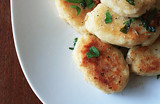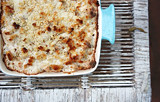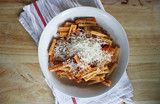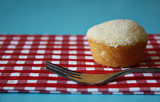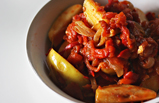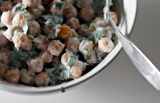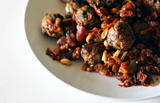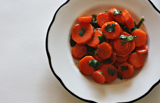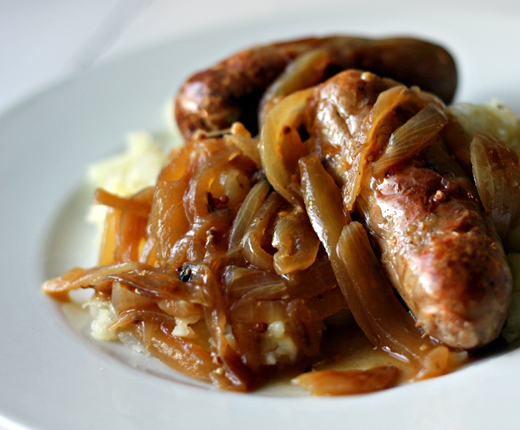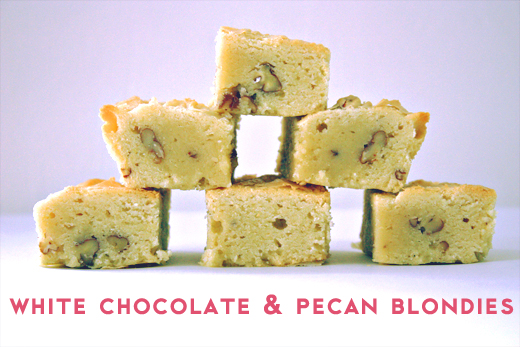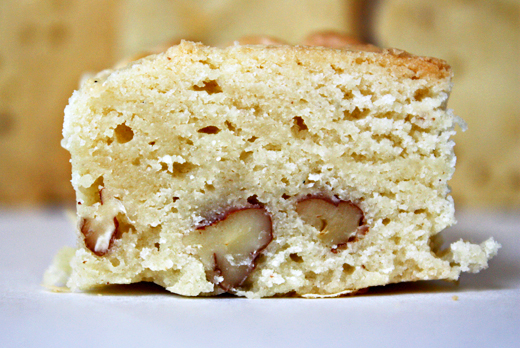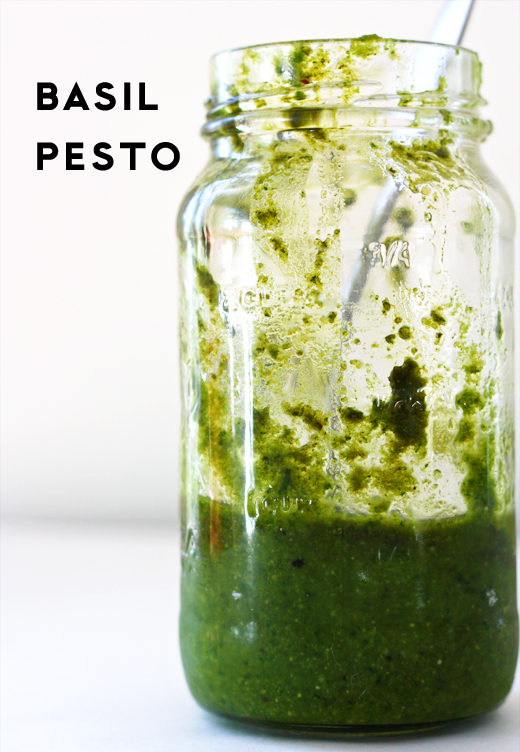
This is the recipe I use for basil pesto. Because pesto is simple to make, the smallest changes make a big difference. I use very little garlic - half a clove at the most, often less - because I find the taste overpowering when it's raw. The best thing is the addition of butter, which I stole from Maxine Clark's Trattoria. The pesto is a little richer and creamier, and melts with more enthusiasm over hot things. The amount of basil leaves depends, for me, on how peppery and strong they are. I prefer young, small leaves, and I'll use more of them.
My apologies for the lack of posts recently; I was distracted by the sun and Scotland (not necessarily in the same place at the same time).

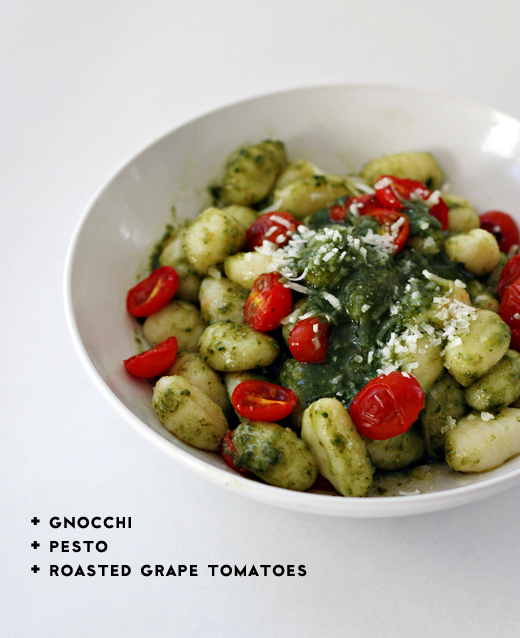
Basil Pesto
adapted from Maxine Clark, Trattoria
1/2 garlic clove (or even less), peeled and diced
55g pine nuts
approx 55g fresh basil leaves without stalks
150ml good olive oil, plus extra for sealing
35g unsalted butter, softened
4 tbsp freshly grated Parmesan
sea salt & freshly ground black pepper
Place a small pan over medium heat and add the pine nuts. Toast them, dry, for a few minutes, until they begin to smell nutty; be careful not to burn them. Remove from the heat.
If you're using a food processor, you can throw everything in at once and blend until the pesto is as smooth as you like. If you prefer a chunkier pesto, use the pulse setting. I use a blender, and find it easiest to add the garlic, pine nuts, salt and pepper, and a little oil to begin with. I then add the basil and more oil in gradual stages, until creamy and thick, and finally pulse in the butter and cheese.
Pesto will keep in the fridge in a jar, sealed with a layer of olive oil on top to exclude the air. Every time you spoon some out, re-seal with oil.

